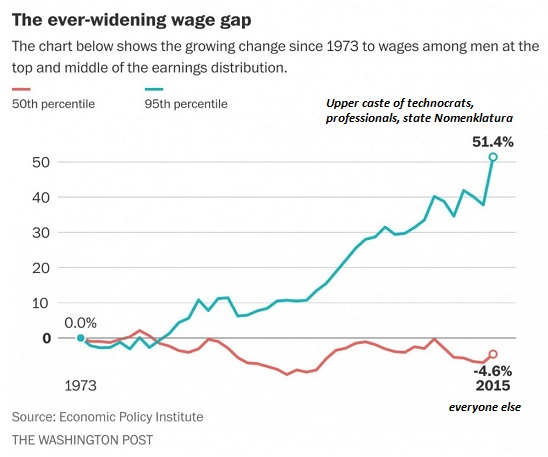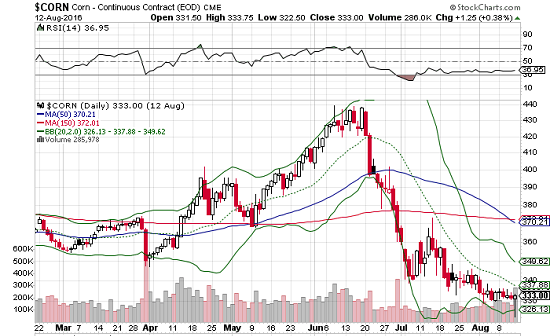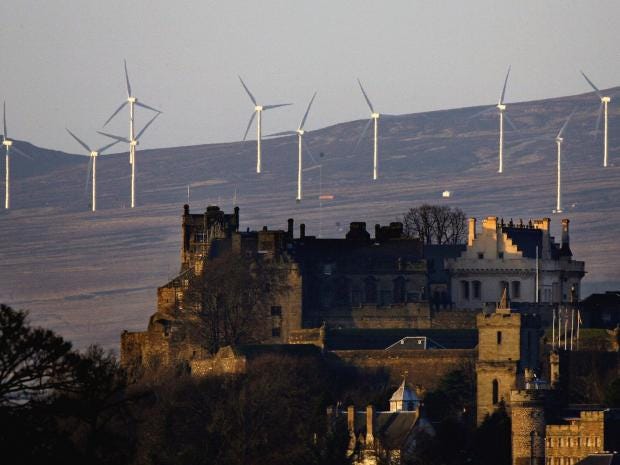Stories Going Beyond The Mainstream
Global Physics:
An Equation That Is Not Sustainable.
" Our Daily Shrinking Planetary Pie With More Mouths"




We Are Running Out of Natural Resources - Now What?
Humans are gobbling up natural resources at a terrifying rate
Humans are using too much crap.
That’s the official word from a new U.N. report on the use of natural resources. It found that, from the food we eat to the homes we live in to the fuels we burn, our rates of consumption are just unsustainable. That’s not too surprising, but the real shock is that our extraction of the primary materials used to make all of our stuff has more than tripled in the past 40 years.
“We urgently need to address this problem before we have irreversibly depleted the resources that power our economies and lift people out of poverty,” said the U.N.’s Alicia Bárcena Ibarra.
Scotland On Path To Completely Ditching Fossil Fuels
Scotland just produced enough wind energy to power it for an entire day
Strong winds combined with low demand on a sunny summer Sunday help Scotland reach ‘significant milestone’ on path towards ditching fossil fuels entirely
For the first time on record, wind turbines have generated more electricity than was used in the whole of Scotland on a single day.
An analysis by conservation group WWF Scotland found unseasonably stormy weather saw turbines create about 106 per cent of the total amount of electricity used by every home and business in the country on 7 August.
Gale-force winds lashed much of the country with a speed of 115mph recorded at the top of Cairngorm mountain.
Serious Money Moving To The Sidelines
Investors Stockpiling Cash Like It’s 1999
Wealthy investors are stockpiling cash at levels we haven’t seen since 2001, in the wake of the Dot Com crash. The cash slush pile is larger even than in 2008 when investors fled the market during the Lehman collapse. According to a recent survey, large investors, including asset managers and institutional investors, have almost six percent of their holdings in cash. The amount of cash being squirreled away by just the world’s billionaires, not solely in the U.S., but worldwide, is estimated to beas high as $1.7 trillion dollars. That’s ten percent of the entire U.S. GDP.
There are a lot of reasons that the investment world has retreated to cash, but this is the first time it’s happened when there was no clear ongoing economic disaster. In other words, seasoned investors are behaving as if there’s been a market collapse at a time when equity markets continue to march higher—when to all outward appearances we’re in a boom.
Last Days For Oil Industry?

Heinberg: Is the Oil Industry Dying?
The peak oil controversy stages a comeback as the industry confronts a future of higher costs — and low prices. A spindletop spouter gushes oil in 1902. (Image: Wikimedia Commons) Talking about “peak oil” can feel very last decade. In fact, the question is still current. Petroleum markets are so glutted and prices are so low that most industry commenters think any worry about future oil supplies is pointless. The glut and price dip, however, are hardly indications of a healthy industry; instead, they are symptoms of an increasing inability to match production cost, supply, and demand in a way that’s profitable for producers but affordable for society.
Is this what peak oil looks like?
No Future For Middle-Class Or Wage-Earners
Here's Why Wages Have Stagnated--and Will Continue to Stagnate
The only way to reverse declines in labor participation and stagnation in wages and demand is to make it easier to start enterprises and hire people.

Mainstream economists are mystified why wages/salaries are still stagnant after 7+ years of growth / "recovery." The conventional view is that wages should be rising as the labor market tightens (i.e. the unemployment rate is low) and demand for workers increases in an expanding economy.
Overpopulation Ultimately Leads To Global Food Shortages
The Odds of a Global Food Crisis Are Rising

The vulnerability of global food production to extremes of weather is a profound reality that few grasp.
Given the current abundance of food globally, confidence in permanent food surpluses and low grain prices is high. Few worry that the present abundance of food could be temporary. But the global food supply is more fragile than we might think, despite historically low grain/agricultural commodity prices.
Both corn and wheat have plummeted in price due to current demand/supply:

Let's start with one salient fact: there are 7+ billion human mouths to feed now plus hundreds of millions of animals that are being fed grain to supply humanity's insatiable appetite for meat:






